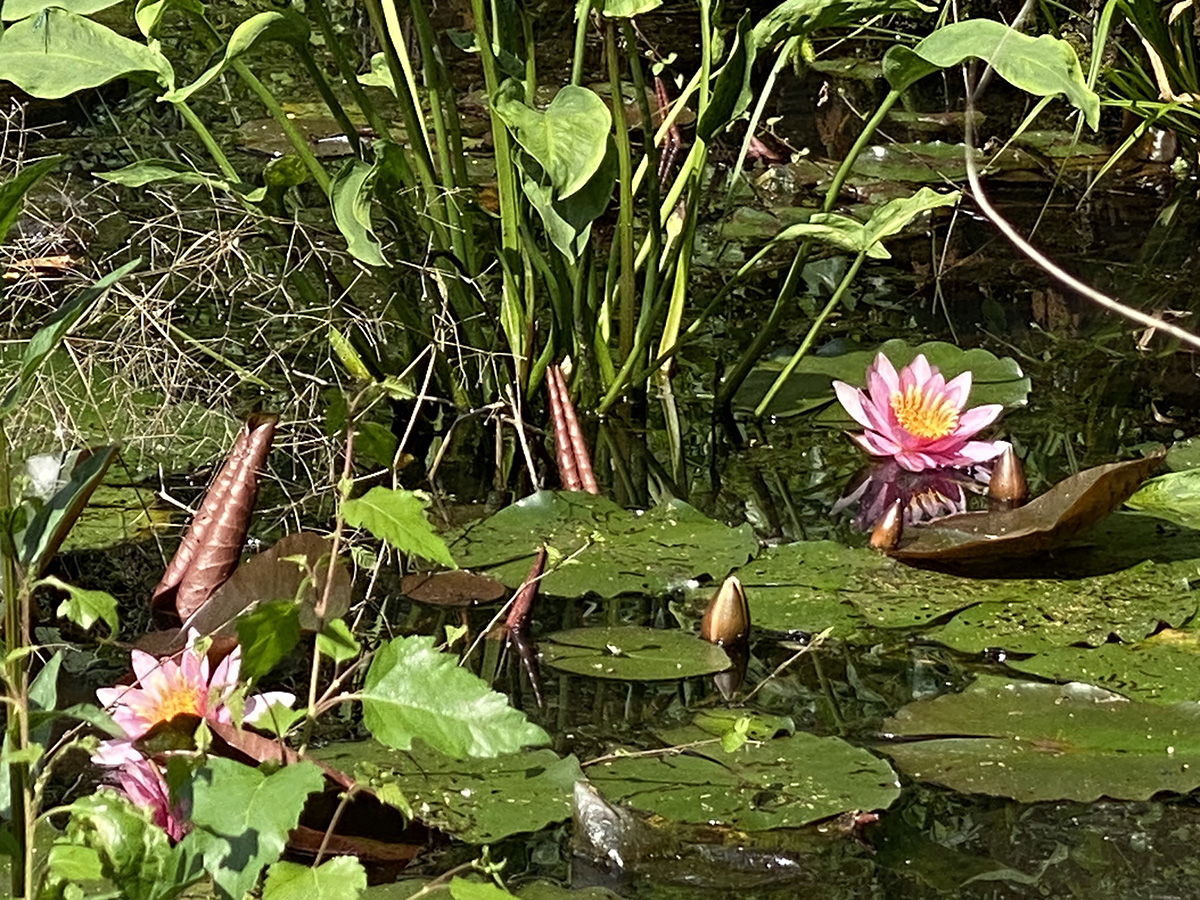
The Way of the Bodhisattva
We have chosen a famous text as the study theme for the Ango, Shantideva’s A Bodhisattva’s Way of Life (Bodhisattvacharyavatara).This is a very readable and famous Mahayana work focusing on character development and practices to dissolve spiritual obstructions and embrace wholesome skills.
Ancient Oaks Ango Info
Fall Ango August 10th to November 2nd.
The theme for the Ango is “The Way of the Bodhisattva.“
Shuso/Head Trainee: David Ando Rosenstein
Ando Entry Ceremony: Sunday, August 10, 11am EDT.
Zazenkai: 7am to 3pm EDT
Sunday, September 7, 7am EDT to 3pm EDT:
Second Zazenkai
Sunday, October 19, 7am EDT to 3pm EDT:
Third Zazenkai
Rohatsu Sesshin Wednesday, October 29 to Sunday, November 2.
Donation for teachings and Zazenkai: $100.
Please reach out if you need financial assistance or if you would like to set up a payment plan. Contact Genmitsu at genmitsuroshi@zengarland.org
Dharma River Ango Info
Fall Ango August 10th to November 2nd.
The theme for the Ango is “The Way of the Bodhisattva”
Shuso/Head Trainee: David Ando Rosenstein
Sunday, August 10th, 6:30am CT to 3pm CT (10am Ango Entry):
Ango Entry and First Zazenkai Sunday, August 10th,
2nd and 3rd Zazenkai: for dates please reach out to Roshi Kisho.
Rohatsu Sesshin Wednesday, October 29 to Sunday, November 2.
Donation for teachings and Zazenkai: $100.
Please reach out if you need financial assistance or if you would like to set up a payment plan. Contact Kisho with any questions-kishoroshi@zengarland.org
ANGO THEME & SCHEDULE:
We will meet for the Entry Ceremony 11am EDT August 10th. Each Center will hold its own Zazenkai and only stream for its own practitioners.
In contrast with the Arhat of Hinayana Buddhism—the being who has secured his own liberation from the misery of cyclic existence—Mahayana Buddhism has as its ideal the Bodhisattva who, uninterested in his liberation alone, strives for the wellbeing of all living creatures.
The Bodhisattva comes into being with the development of the Awakening Mind, the purely altruistic wish to achieve the state of a Buddha, and with this motivation he then proceeds to engage in a way of life that is conducive to the realization of his goal. In the first chapter of this work we shall see how Shantideva introduces the aspirant to the Awakening Mind and inspires him to develop it; in the second, how the mind is prepared; and in the third chapter how the Bodhisattvaʹs vow itself is finally taken; From this point onward the author continues to elucidate the means whereby to fulfill this commitment, namely through the practices of Moral Discipline, (chapters 4‐5), Patience (Chapter 6), Enthusiasm (chapter 7), Meditation (chapter8), and Wisdom (chapter 9 ) . In the final chapter, the merits gained from the composition of the work are dedicated to the welfare of all beings in the form of a prayer. Hence this short but significant work contains the essential points of Mahayana Buddhist practice and for over a thousand years has acted as a guide for people throughout India, Tibet, China and Mongolia who have wished to follow this path.
Chapters 1‐8 and chapter 10 have been translated in verse form, corresponding to the stanzas of the root text. Where necessary, words have been added in brackets from the commentary. The ninth chapter, however, is presented in prose, frequently in the form of a dialogue between the Madhyamika school and other Buddhist and non‐Buddhist traditions. Here, most of the commentary of Tʹog‐me Zang‐po has been included for the sake of clarifying the often cryptic style of the root text.
Stephen Batchelor (Gelong Jhampa Thabkay) Switzerland 1979
Homage to all Buddhas and Bodhisattvas
* You are welcome to attend any of the zazenkais or the Rohatsu sesshin, without participating in the other aspects of Ango.